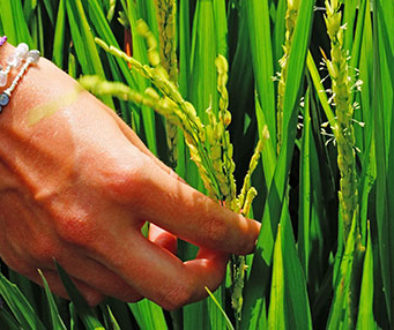The Dangers Of Peanut Contamination
Although their name might suggest otherwise, peanuts are not true nuts, rather they share the nutrient-packed legume classification with beans and peas. Although processing and roasting adds salt and sugar, unprocessed peanuts are a relatively healthy snack. When still in their shells, peanuts are sold as either roasted or unroasted, but raw peanuts can be dangerous to your health in a way that roasted peanuts aren’t.
An ounce of peanuts contains 170 calories and of those 130 are from monounsaturated and polyunsaturated fat. These are the healthier types of fat and the less healthy, saturated fat, only accounts for 2 grams in the 14 found in a serving of peanuts. With 7 grams per serving, peanuts pack a healthy protein hit as well as containing 2 grams of fibre which helps regulate blood sugar and maintain low levels of cholesterol. Some of the health benefits of peanuts are destroyed during the roasting process.
For all their health benefits, raw peanuts can cause digestive problems such as trapped wind, bloating of the abdomen and general digestive discomfort. If you soak raw peanuts in purified water before eating them then they are a lot easier for the body to process, although the peanuts must be thoroughly rinsed before consumption and will have a shorter lifespan so will need to be stored in the fridge.
For all their healthy qualities, raw peanuts are highly likely to be contaminated to at least some extent with a substance called aflatoxin which is a kind of mould found on a fungus called Aspergillus flavis. This metabolite can cause liver cancer when ingested and it is often found on products including cotton seed, corn and peanuts according to the website Environment, Health and Safety Online. Poisoning with this toxin can cause vomiting, stomach pains and loss of consciousness, cerebral oedema and fatty deposits in the heart, liver and kidneys which can be fatal.
There are a few simple rules to protecting yourself against the dangers of raw peanuts, such as storing them in a cool, dark environment which is free from damp. Lee Bros, a peanut manufacturer, recommends keeping them for no more than four months and always purchasing from a source that have an aflatoxin-free source of peanuts. The USDA has published guidelines which suggest that 20 nanograms per gram is the limit for aflatoxin contamination.
Childhood favourite peanut butter has nearly 200 calories and 16 grams of fat per two tablespoon serving, but as a rich source of protein and relatively low sugar treat – about 3 grams per serving – it does have some benefits.
Whilst children can be allergic to peanuts, milk and egg allergies are more prevalent, although the reactions to those allergens tend not to be as severe. Peanuts often trigger anaphylaxis and symptoms such as itching in the area around the mouth, skin rashes, unconsciousness, difficulty breathing and a loss of blood pressure.
Although the mould that causes aflatoxin is common in a number of products including peanuts and has been shown to be carcinogenic in animals, it is considered an unavoidable contaminant by the Food and Drug Administration in the United States.
If you need information on aflatoxin analysis, our precise measurement procedure is developed to be used by non-scientists.Come to the site for more details on Toximet Ltd.

